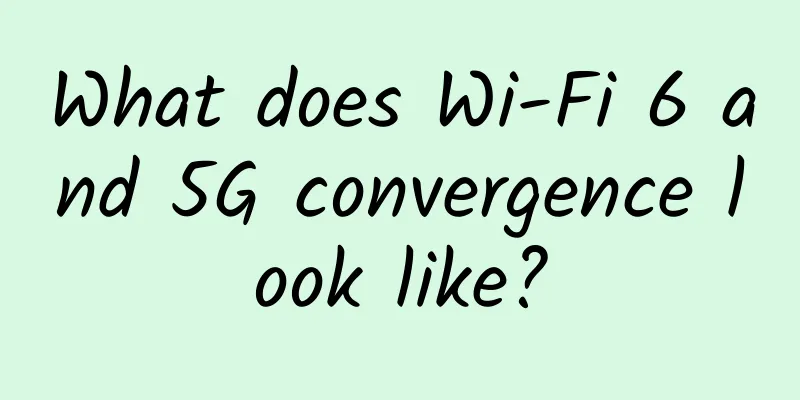Facebook exposed a security vulnerability that can be brute-forced to bypass two-factor authentication

|
Security researchers from Nepal recently discovered a new vulnerability in the login system of Meta's Facebook, Instagram and other applications, allowing anyone to bypass Facebook's two-factor authentication. "Anyone can exploit this vulnerability to bypass SMS-based two-factor authentication if they know the recipient's phone number," researcher Gtm Mänôz told TechCrunch. Mänôz said the vulnerability existed in Meta Group's unified login system, where Meta did not set an attempt limit when users entered the two-factor code used to log into their accounts. This means that all an attacker needs to know is the target's phone number or email address, and they can brute force the two-factor SMS code. Once the attacker obtains the correct verification code, the attacker can then launch subsequent attacks. It is understood that even after the attacker successfully attacks, Meta will remind the user that the account has been linked to someone else's account, so two-factor authentication is disabled. Mänôz reported the bug to the company last year, and Meta has now fixed the vulnerability. Meta eventually paid him $27,200 (currently about 184,000 RMB) for his discovery. |
>>: How to use ip command to manage network in Linux
Recommend
7 things you need to know to successfully deploy AIOps
From ride-hailing algorithms to customer service ...
RackNerd New Year promotion starts at $10.99/year, 8 data centers available in San Jose, Los Angeles, etc.
RackNerd launched several special packages during...
A white-label vendor's perspective: The evolution of minimalist switch NOS
Traditional switch operating systems (NOS) are a ...
Friendhosting Christmas/New Year promotion, 40% off all VPS hosts, unlimited traffic in multiple computer rooms
Friendhosting launched a promotion for Christmas ...
The role of fiber in integrated infrastructure development
In the past, people settled near the banks of riv...
The Internet of Identity is coming, and IAM will undergo a major change
What is the difference between the Internet of Id...
How to cultivate talents needed for ecological collaboration? Huawei's talent ecosystem indicates that AI talents are the key training targets
[51CTO.com original article] On March 22, Huawei ...
Operators' operating data in April: 5G package users increased by 21.16 million, totaling about 870 million
The three major operators released their operatin...
Thousands of face photos can be bought for 2 yuan! CCTV reveals the black market of AI! The truth is far more than this
On October 27, CCTV News reported last night that...
Wi-Fi in an IoT World
We’ve written quite a bit about Wi-Fi, but what I...
【Funny story】An attack launched by a network cable
Not long after I entered college, I encountered a...
ExtraVM: 1Gbps unlimited traffic VPS starting from $5 per month, in data centers such as Los Angeles/Dallas/Netherlands/Japan/Singapore
Founded in 2014, ExtraVM is a foreign hosting com...
Four questions about 5G: Internet speed is 100 times faster and everything is connected
Since last year, there has been an increasing amo...
[Black Friday] AlphaVPS: AMD Ryzen series from €15.99/year, large hard drive VPS from €19.99/year, Los Angeles/Germany/Bulgaria data centers
Bulgarian hosting provider AlphaVPS also launched...
Using machine learning to disrupt the traditional experience of the Tour de France is not the only ambition of Dimension Data!
[51CTO.com original article] The general public&#...









